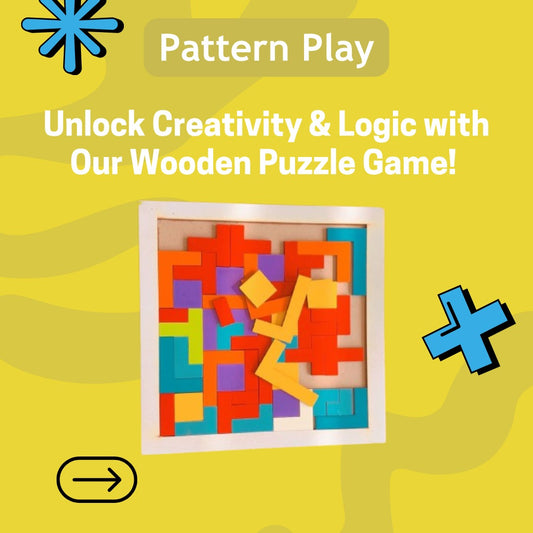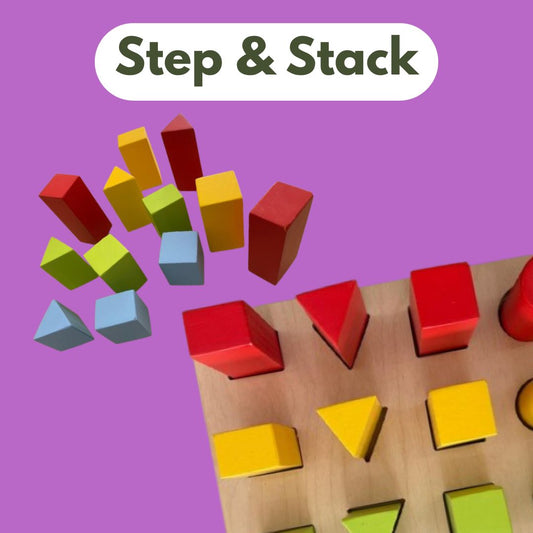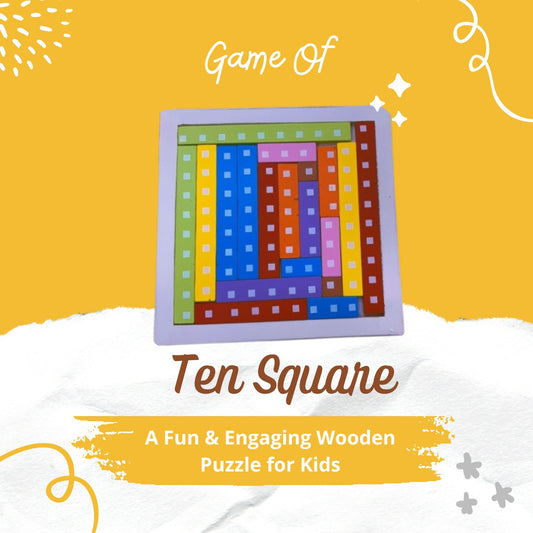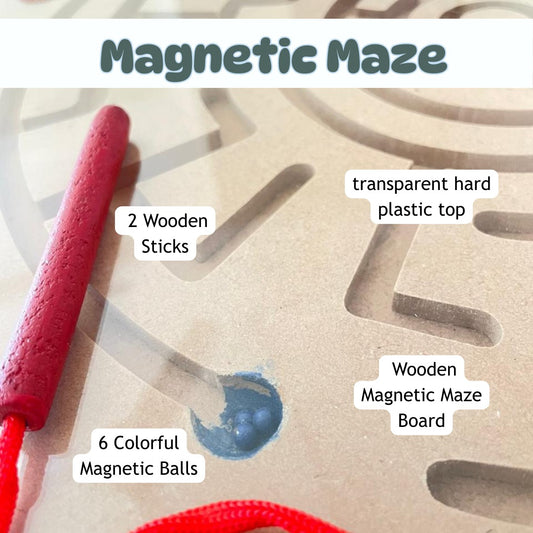Collection: Puzzle Solving
-

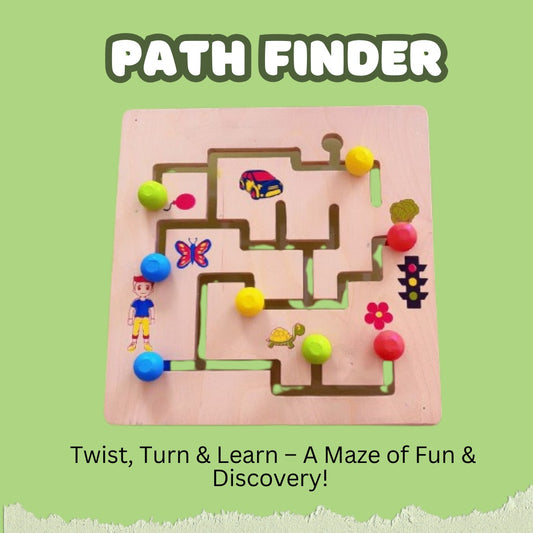
Path Finder Puzzle for Kids
No reviewsRegular price Rs. 959.00Sale price Rs. 959.00 Regular price Rs. 1,199.00Unit price / perSold out -
Pattern Play – Tetris Puzzle for Kids
No reviewsRegular price Rs. 840.00Sale price Rs. 840.00 Regular price Rs. 1,050.00Unit price / perSold out -
Step & Stack – Shape Sorting & Stacking Toy
No reviewsRegular price Rs. 1,200.00Sale price Rs. 1,200.00 Regular price Rs. 1,500.00Unit price / perPercentage -
Wooden Maze Puzzle – Montessori Learning Toy for Kids
No reviewsRegular price Rs. 840.00Sale price Rs. 840.00 Regular price Rs. 1,050.00Unit price / perPercentage -
Ten Wonders - A Fun & Engaging Wooden Puzzle for Kids
No reviewsRegular price Rs. 1,039.00Sale price Rs. 1,039.00 Regular price Rs. 1,299.00Unit price / perSold out -
Magnetic Maze – Magnetic Pen Maze for Logical Thinking
No reviewsRegular price Rs. 840.00Sale price Rs. 840.00 Regular price Rs. 1,050.00Unit price / perSold out
frequently asked questions
What age group are puzzle-solving toys suitable for?
Most of our puzzle-solving toys are ideal for kids aged 3–8 years, helping them develop critical thinking and problem-solving skills during early development.
Are maze and path-finding puzzles educational?
Absolutely! Maze puzzles and path-finding games enhance logical thinking, patience, and motor skills, making learning fun and effective.
How do magnetic puzzles benefit toddlers?
Magnetic puzzle games help toddlers improve hand-eye coordination, focus, and spatial awareness while engaging with fun, screen-free activities.
Can brick puzzles teach patterns and sequences?
Yes, brick and pattern puzzles introduce children to basic concepts of sequencing, shapes, and colors, fostering early math and design skills.
Are these puzzles safe for small kids?
All our wooden puzzle toys are made from non-toxic, child-safe materials and follow Montessori-inspired principles for safe and natural learning.
What skills can children learn from solving puzzles?
Kids develop concentration, memory, strategy, problem-solving, and spatial reasoning with our puzzle toys.
Are puzzle games good for screen-free learning?
Yes, these toys offer gadget-free learning, helping children stay focused, creative, and mentally engaged without digital distractions.
Do puzzle toys support STEM learning?
Definitely! Puzzle games introduce basic STEM concepts like logic, engineering, and geometry through fun activities.
Where can I buy educational puzzle games for kids?
Explore our Puzzle Solving Collection for the best educational puzzle toys, from magnetic path games to pattern-brick puzzles, all designed to nurture young minds.
What skills do lacing games help develop besides motor skills?
In addition to fine motor skills, lacing games support patience, sequencing, bilateral coordination, and early math and pattern recognition.
You may also like
-
Picture Matching
-
Build-a-Pic – Matching Puzzle Game for Kids
No reviewsRegular price Rs. 1,039.00Sale price Rs. 1,039.00 Regular price Rs. 1,299.00Unit price / perPercentage -

Find My Pair – Matching Puzzle
No reviewsRegular price Rs. 719.00Sale price Rs. 719.00 Regular price Rs. 899.00Unit price / perPercentage -
Alpha Match – A–Z Letter & Object Matching Puzzle
No reviewsRegular price Rs. 1,092.00Sale price Rs. 1,092.00 Regular price Rs. 1,100.00Unit price / perSold out -
Match & Arrange – Wooden Matching & Sequencing Game
No reviewsRegular price Rs. 719.00Sale price Rs. 719.00 Regular price Rs. 899.00Unit price / perSold out
Puzzle Solving Toys for Brain Boost
Introduce your child to fun puzzle-solving toys that challenge their mind and sharpen cognitive skills. From find the path puzzles to maze-solving games, each toy is thoughtfully designed to enhance problem-solving, memory, and logic development in an engaging way.
Brick & Pattern Games for Early Learning
Our brick puzzle sets and pattern-making games inspire kids to think creatively while improving hand-eye coordination and spatial awareness. These games make STEM learning enjoyable, teaching shapes, sequences, and patterns through play.
Magnetic Path & Maze Puzzle Fun
Explore our range of magnetic puzzle toys, including magnetic path finders and maze boards, that encourage kids to think ahead and solve challenges. These interactive toys are perfect for developing motor control, logical reasoning, and fine motor skills.
Shape & Strategy Puzzle Sets for Kids
Stimulate your child's imagination with strategy puzzle toys that involve solving paths, matching bricks, and completing mazes. Designed for both fun and learning, these puzzles help develop critical thinking and strategy-building from an early age.
Popular Searches
puzzle solving toys for kids | maze puzzle games | find the path game | magnetic maze board | brick puzzle for kids | early learning puzzle toys | brain development toys | cognitive skill games | pattern making toys | preschool puzzle toys





